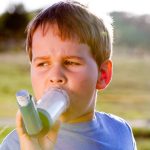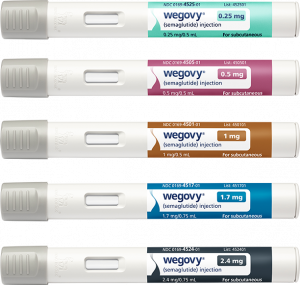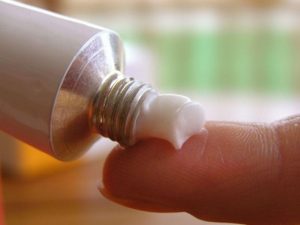
Kids with poorly controlled asthma struggle in school, especially those who are ethnic minorities, a new study reports. Researchers evaluated asthma and allergy status, lung function and school performance of 216 black, Hispanic (Latino) and white children in a U.S. city. Those with a greater number of daily asthma symptoms had more absences, less school work completed and poorer quality work, according to the study published March 11 in Annals of Allergy, Asthma and Immunology, the journal of the American College of Allergy, Asthma and Immunology (ACAAI). “We found associations between poor asthma status, poorer asthma control, lower lung function, more asthma symptoms and decline in academic performance,” lead author Daphne Koinis-Mitchell said in an ACAAI news release. “These associations were stronger in ethnic minority children, particularly Latino children,” she added. Koinis-Mitchell is a research professor of pediatrics, psychiatry and human behavior at Brown University in Providence, R.I. Poor asthma control could help identify children who might be at risk for problems at school, according to the researchers. The same team previously found that urban Hispanic children with asthma have special sources of stress. “Factors such as higher levels of fear of asthma, language barriers, stress related to fitting in to the culture, poorer symptom perception, greater concerns regarding medications and lower medication adherence may put Latinos at greater risk for poor academic performance,” Koinis-Mitchell… read on >




































